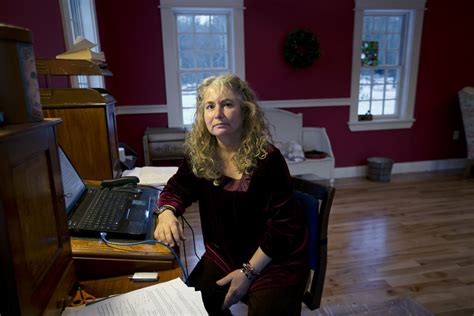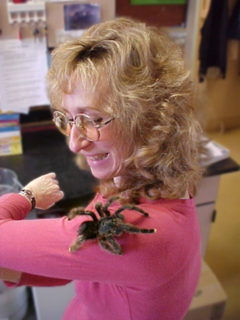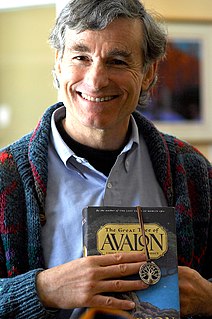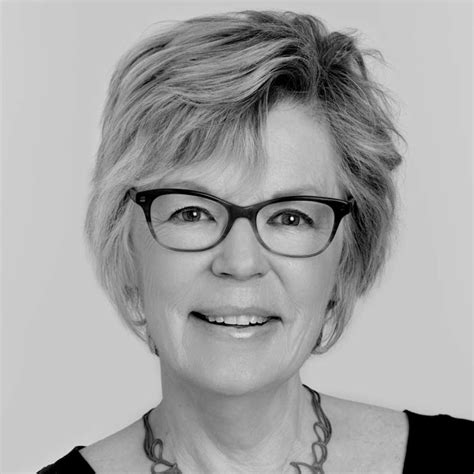A Quote by Mark Walport
The most dangerous infections of humans have always been those which have emerged from other species.
Related Quotes
I think that there are no forces on this planet more dangerous to us all than the fanaticisms of fundamentalism, of all the species: Protestantism, Catholicism, Judaism, Islam, Hinduism, and Buddhism, as well as countless smaller infections. Is there a conflict between science and religion here? There most certainly is.
Those who consume animals not only harm those animals and endanger themselves, but they also threaten the well-being of other humans who currently or will later inhabit the planet. ... It is time for humans to remove their heads from the sand and recognize the risk to themselves that can arise from their maltreatment of other species.
When humans act like animals, they become the most dangerous of animals to themselves and other humans, and this is because of another critical difference between humans and animals: Whereas animals are usually restrained by the limits of physical appetites, humans have mental appetites that can be far more gross and capacious than physical ones. Only humans squander and hoard, murder and pillage because of notions.
It was not that I disliked people; some of them were interesting and kind. But even the nice ones were no more compelling or important to me than other creatures. Then, as now, to me humans are but one species among billions of other equally vivid and thrilling lives. I was never drawn to other children simply because they were human. Humans seemed to me a rather bullying species, and I was on the side of the underdog.
My perception of the human animal is as an extremely dangerous predator. That's who I perceive us to be as a species. Maybe the most dangerous predator on the planet, with the exception of a few microbes. I'm really grateful for the degree of socialization that prevents us, most of the time, from killing and eating each other. And I admire all the social structures that have been designed and layered and niched in that encourage bonding toward a kind of social harmony that is meant to contain and counteract our natural inclinations toward predation, ferocity, and eating whatever moves.
We have a very old conservation movement, particularly in the United States, which has focused on campaigns to protect endangered species: the spotted owl, the old-growth forest. But usually it stops there. To me, biodiversity is the full spectrum. Species conservation is not only about wilderness conservation. It?s also about protecting the livelihood of people even while changing the dominant relationship that humans have had with other species. In India, it?s an economic issue, not just an ecological one.
There seems to be a hole in the culture where mothers went. Then, when their kids went off to school or stopped having ear infections every three weeks, they emerged from the mother zone, and like everyone else, they forgot where they'd been. Amnesia surrounding motherhood is the rule, not the exception.




































